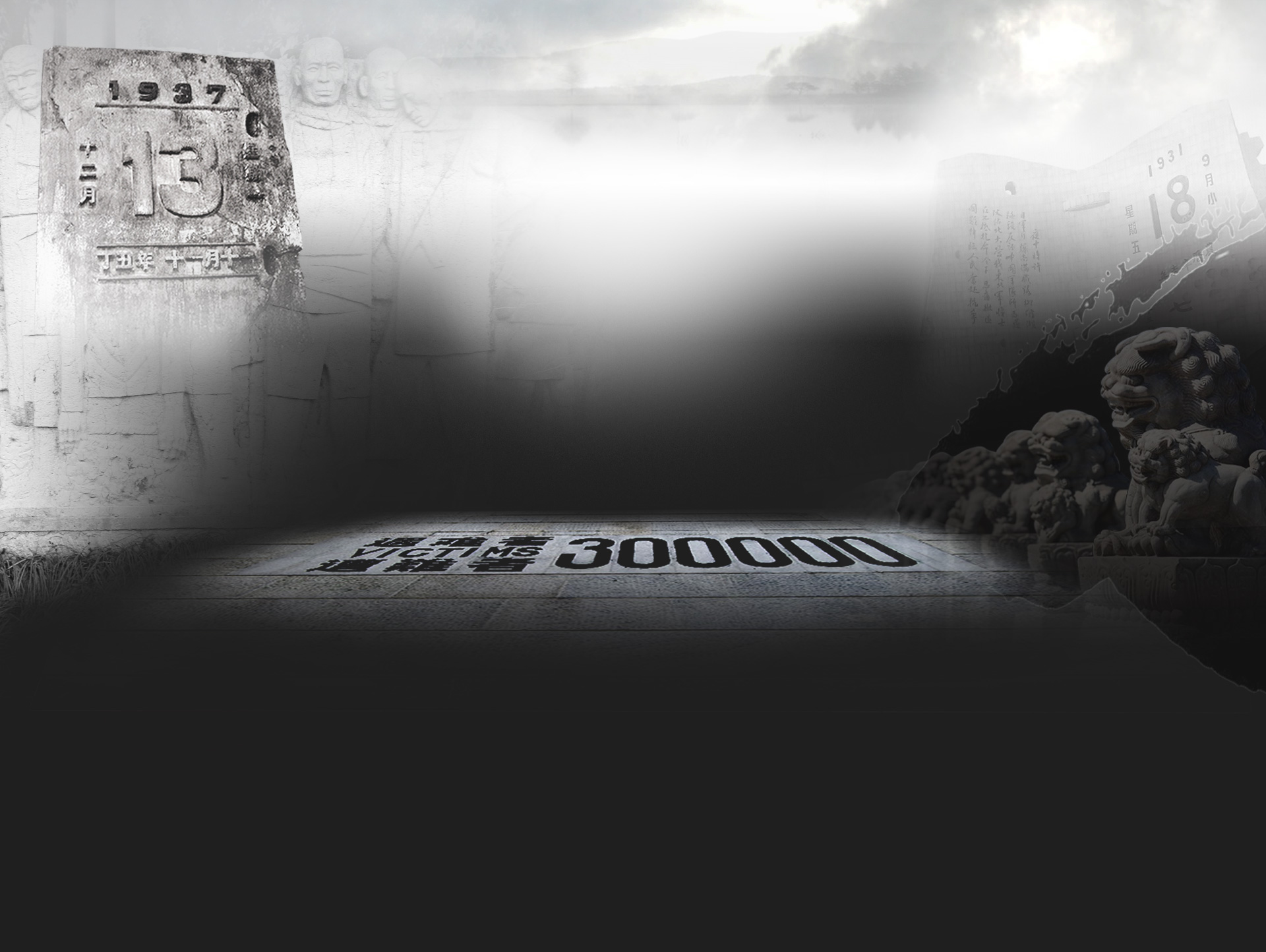by Xinhua writer Zhang Yongxing
HOUSTON, July 14 (Xinhua) -- The United States and China, the two powerful countries in the world, cooperated wonderfully in their fight against Japanese aggressors in World War II, and they must work together to safeguard world peace in the new century, Nell Calloway, granddaughter of the famed Flying Tigers commander Lieutenant General Claire Lee Chennault, said recently.
In an exclusive interview with Xinhua, Calloway, also director of the Chennault Aviation and Military Museum in Monroe, Louisiana, said that whereas World War II once brought the United States and China together for the common good, today the two countries have opportunities and responsibilities to preserve their shared legacies of the past, and to open doors of cooperation for both nations.
"Our two great countries come together under the sign of the Flying Tigers (also known as the 1st American Volunteer Group-AVG) and my grandfather's words hold as much importance now in 2015 as they did in 1949. And both countries have to work more closely together as they did in World War II in order to make the world a better place to live and promote world peace. This will at the same time serve to strengthen the relationship between our two countries," she said.
Calloway was referring to her grandfather's words in his memoir "Way of a Fighter" (published in 1949): "It is my fondest hope that the sign of the Flying Tigers will remain aloft just as long as it is needed and that it will always be remembered on both shores of the Pacific as the symbol of two great peoples working toward a common goal in war and peace."
She emphasized that the relationship between the United States and China is "the world's most important of the 21st century" and that the two countries should continue to "join hands and pass on the spirit of such cooperation for peace from generation to generation."
"What I am doing is to follow my grandfather's steps to promote the mutual understanding and friendship between the two great peoples of our two countries," she said, adding that "the younger Americans and Chinese need to know the history of our cooperation in the past and face the future together."
Calloway, who has paid five visits to China so far, said that after World War II, the life and military career of her grandfather created a rich legacy of respect and good will that remains today through the Chennault Aviation and Military Museum. The museum was founded in 2000 by her mother Rosemary Chennault and a group of veterans such as retired Hump pilots Richard Sherman and Jay Vinyard.
The Flying Tigers (also later known as the U.S. 14th Air Force), a group of volunteer pilots from the U.S. Navy, Army and Marine Corps led by Chennault, was set up in 1941 to help China resist the Japanese invasion, and to safeguard the "Hump Route," an air transport route which took pilots about 840 kilometers from India's Assam Valley across northern Myanmar and into Yunnan province and Kunming.
For decades, the Flying Tigers, General Chennault and the shark-faced Curtiss P-40 fighter planes used by the squadrons have been icons widely respected in China, Calloway said, adding that the Chinese people still honor him for his leadership of the famous Flying Tigers.
"When I was in China, I had been given a tumultuous reception by the Chinese people," Calloway said. "They have shown great kindness and appreciation for what my grandfather had done in China. And I have been surprised and inspired by their appreciation of this history."
In Calloway's heart, her grandfather, who stayed in China from 1937 to 1944, is a hero as he believed his help might change history.
Pointing to the portrait of her grandfather in military uniform, Calloway said proudly that the Flying Tigers destroyed more than 2,600 Japanese aircrafts, sank or damaged 2.23 million metric tons of Japanese merchant ships and 45 naval vessels, and killed more than 66,700 Japanese troops in South China.
As for Japan, which, unlike Germany, has not fully repented of its war crimes, Calloway said that the truth of Japan's full-scale invasion of China, including the Nanjing Massacre, has been proved by documentary evidence and can not be denied.
"It is important for us to learn from history and those who deny history have no future," she said.
Jay Vinyard and Richard Sherman, both in their 90s, recalled the days and nights they spent in China as members of the Flying Tigers.
Vinyard, who was 18 years old when he joined the U.S. Army Air Force in March 1942, had completed 87 round-trip missions over the Hump while Sherman, who now sits in a wheelchair, had flown 52 missions in China.
Both told Xinhua that it is a great honor for them to have been part of the squadrons, and like their commander Chennault, they greatly appreciated the rescue efforts made by the Chinese soldiers and local villagers.
"We can't forget the bravery and sacrifice of men and women on both sides who came together for a common cause," they said.
Calloway and the two veterans believed that common interests between the United States and China far outweigh differences, therefore, there is no reason for the two countries not to work closely together to safeguard world peace.
They also agreed that as the world marks the 70th anniversary of the end of World War II, it is very important for the two nations to remember that instead of marking an end, this actually marks the beginning of fresh cooperation ahead.
